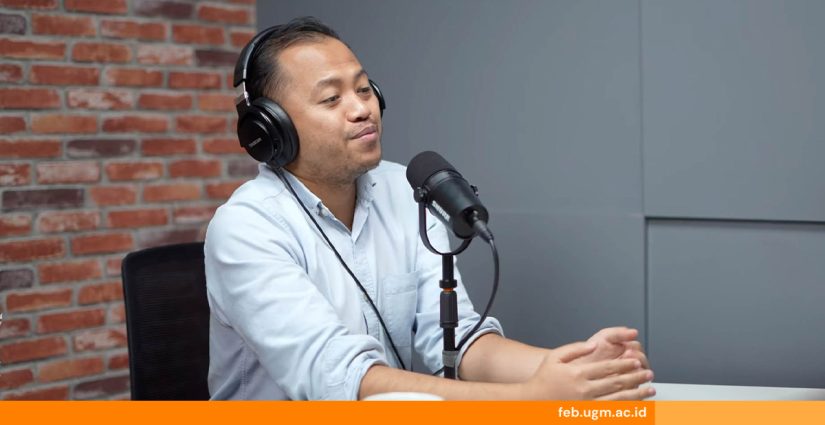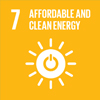
Greenhouse gases (GHG) such as carbon dioxide, methane, and nitrous oxide have long been a global issue closely tied to sustainability. Although these gases naturally exist in the atmosphere, human activities such as fossil fuel combustion, motor vehicle use, and deforestation have accelerated emission accumulation, driving global warming.
Data shows that in 2022, the forestry sector was the most significant contributor to emissions in Indonesia, accounting for 45 percent, followed by energy (36 percent), agriculture (8 percent), waste (8 percent), and industry (4 percent). Ironically, forests, which should serve as carbon sinks, have instead become primary emission sources due to land burning, forest conversion, and peatland degradation.
Even before the emergence of carbon trading mechanisms, awareness of the importance of emission control had already developed. Major fossil energy-consuming companies voluntarily disclosed their emissions as part of their social responsibility.
“In the past, disclosure was voluntary, proving that companies were taking measures to reduce the impact of global warming. Over time, this initiative evolved into a market-based approach through carbon trading,” explained Ahmad Zaki, S.E., M.Acc., Ph.D., Lecturer of the Accounting Program at FEB UGM, in a recent podcast titled Accounting for Society: Carbon Accounting.
Indonesia has now launched IDX Carbon as its official carbon exchange. By 2024, transaction value reached IDR 60 billion, a figure still relatively small compared to its potential. Regulations are also evolving, from Presidential Regulation No. 98 of 2021 on Carbon Economic Value to OJK Regulation No. 14 of 2023 on carbon trading. One carbon credit in IDX Carbon is equivalent to one ton of CO₂, with an average value of around IDR 500,000.
According to Zaki, this mechanism opens great opportunities for companies to reduce emissions below the established threshold, allowing them to sell their surplus and encouraging the rise of green projects in the country. However, he cautioned that the carbon market also faces serious challenges. The potential for greenwashing, data manipulation, and weak measurement standards remains a critical issue.
“Emission data is different from figures in financial reports. Many factors can change the numbers, making the potential for fraud or manipulation quite significant,” said Zaki, who specializes in environmental and social accounting studies.
It is where the role of accounting becomes highly strategic. Zaki emphasized that carbon accounting has emerged as a branch of accounting focused on measuring, reporting, and disclosing carbon emissions. Accountants can calculate a company’s carbon footprint through activity-based or supply chain-based methods. This information is documented in sustainability reports and CSR programs or utilized in carbon trading.
“When carbon becomes a tradable commodity in the market, the accountant’s role becomes even clearer. Accountants calculate how much carbon a company generates, and this data is highly valuable for investors and creditors,” Zaki stressed.
He also highlighted the net-zero emission concept, a global strategy for addressing climate change. Companies can achieve this target through green projects, energy efficiency, or by purchasing carbon credits. Nevertheless, he reminded us that this mechanism is not a final solution.
Arguments say that carbon trading is like a low-hanging fruit solution, easy, but unable to solve systemic issues. In essence, natural resources are still being exploited for operations, meaning the root problem remains unresolved,” Zaki noted.
Despite lingering criticisms, Zaki emphasized that carbon accounting remains crucial. Quantifying emissions makes the issue more transparent and measurable, allowing for more responsible management. For the accounting profession, the scope of contribution has expanded to preparing financial reports and calculating emissions, evaluating third-party data, and managing emission surpluses or deficits in the carbon market.
He even gave an example of a simple calculation: “If a company owns one hundred taxis consuming 10,000 liters of fuel per year, an accountant can calculate the total emissions by multiplying the number of vehicles, fuel consumption, and emission factors. From there, the company knows the size of its carbon footprint,” Zaki explained.
The discussion, moderated by Rijadh Djatu Winardi, Ak., S.E., M.Sc., Ph.D., highlighted the importance of equipping accounting students with carbon accounting skills. Students should learn about emission calculation methods based on activities and supply chains through projects and case studies. This way, future accountants can contribute more significantly to supporting sustainability goals.
The full podcast episode Accounting for Society: Carbon Accounting can be accessed here:
Podcast Accounting for Society – Carbon Accounting
Report by: Orie Priscylla Mapeda Lumalan
Editor: Kurnia Ekaptiningrum
Sustainable Development Goals











